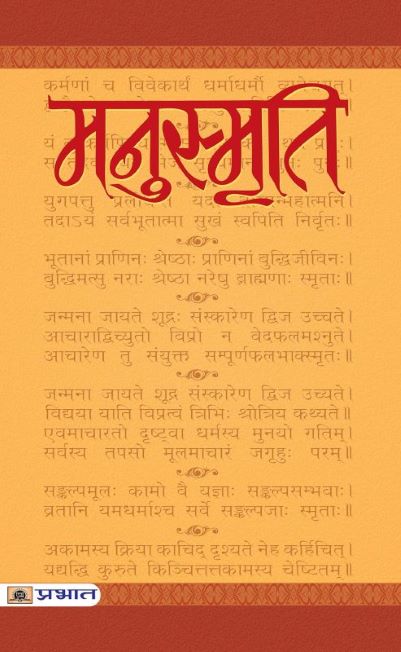Laws of Manu

Annotation
The Manu-smriti, or Laws of Manu, are of the most authoritative codes of Hinduism in India, dating back to approximately 100 C.E.. Traditionally, the Manu-smriti was given by Manu, the first man and lawgiver, and are a commentary on the legal and social systems of India, including the caste system. The Manu-smriti is a blend of both religious and secular law, and deals with topics such as the sacraments and study of the Vedas (the sacred texts of Hinduism), the behavior of wives and women, and the laws of kings, among other subjects. As one of the most influential texts in India, the Manu-smriti served as the basis for the legal system established by the British Raj, though British officials interpreted the Manu-smriti solely as a legal text rather than a commentary on morals and law. The Manu-smriti shaped Hindu society and culture, and continues to be both appraised and criticized for its lasting effect on India today.
Credits
Patrick Olivelle, Manu's Code of Law: A Critical Edition and Translation of the Manava-Dharmasastra (Oxford: Oxford University Press, 2005)